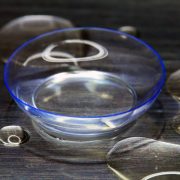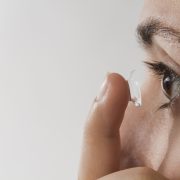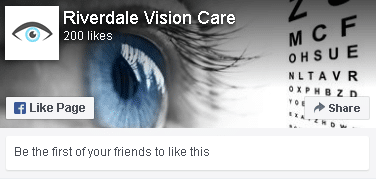How to Reshape Your Eyes While You’re Asleep
If you’ve ever wondered if it’s possible to reshape your eyes, your likely conclusion probably came down to surgical corrections only. However, orthokeratology is a branch of the optical world that relies on contact lenses to reshape your cornea and correct near-sightedness, and it can all be done at night. We’ll look at how this works and why it’s largely used for near-sightedness.
What Are Orho-K Contact Lenses?
Ortho-k contact lenses in Riverdale, NJ are designed to flatten the cornea. They are rigid lenses that are sturdy enough to push on the cornea, but they are not so dense that they don’t allow air to flow to the eye. Depending on your needs, you may need to wear several types of contacts to get the best results.
Why Use Ortho-K Lenses?
Ortho-K lenses are an alternative to LASIK for any near-sighted person who doesn’t want to wear glasses or contacts. It’s also perfect for anyone who can’t get LASIK due to fluctuating prescription changes. For instance, an adolescent who isn’t approved for the surgery yet can opt for orthokeratology instead. It’s more of a time commitment (similar to braces for your teeth), but over time, the flattening of the cornea will change how light enters the eye.
How Are Ortho-K Lenses Fitted?
Ophthalmologists will first need to map out the surface of a cornea to determine how it’s processing light. This is done with special machinery, but the instrument will not cause any pain to the eye. Ortho-K lenses come with risks, including that of infection, so it’s important to work with an eye doctor in Riverdale, NJ who understands how these special lenses should fit on your eyes.
Do Ortho-K Lenses Work Forever?
No. Even if your vision is corrected, you will need to keep wearing the lenses at night. Once you stop, the cornea will revert to its original shape.
Find an Eye Doctor in Riverdale
If you’re looking for an eye doctor who will steer you to the right contact lenses, the staff at Riverdale Vision Care is here to help. Our team can tell you more about which options will work best for your eyes, whether you’re interested in surgical procedures or not.







